What Are the Most Common Crimes in Florida?
Drug offenses, theft, assault, and DUI are Florida's top criminal charges. With the state’s growing population comes a need for new and established residents to understand these trends. South Florida Justice is here to help you find answers.
.avif)
If criminal charges have turned your world upside down, that's when our criminal defense attorneys become your strongest allies, fighting not only for your case, but for your future. We see beyond the charges to the person behind them, bringing both legal knowledge and genuine understanding to your defense when you need it most.
What Constitutes a Criminal Defense Case?
A criminal defense case begins when a person is charged with a crime by the state of Florida. Per the Florida Rules of Criminal Procedure, cases formally start with an arrest or when the prosecutor files charges.
Defendants have constitutional rights during criminal cases:
- The right to a lawyer
- The right to stay silent
- The right to a fair trial
- The right to confront a witness who is testifying against them through the legal system
To win a conviction, the prosecution must prove the defendant’s guilt beyond a reasonable doubt — a high legal standard designed to protect innocent people.
If convicted, the defendant may pay fines or restitution. They may be sentenced to probation or imprisonment, depending on the crime's severity. Case outcomes are typically determined by evidence strength, prior criminal record, and the quality of legal defense provided.
Worried About Criminal Penalties? Discuss Your Case with Our Team at No Cost!
You deserve fierce protection. South Florida Justice understands Florida law and knows how to protect your rights. Contact us today for a free, compassionate consultation and discover your action plan.
Available 24/7
(561) 659-8337
The Most Common Crimes in Florida
Every Floridian deserves to know what safety challenges their communities face. These are some of the most frequent reasons people are arrested across Florida.
Property Crimes
Property crime encompasses theft, burglary, and vandalism. These charges range from misdemeanors to felonies based on value, with penalties increasing with the value of the stolen items. Many vandalism cases involve minors, with enhanced penalties for targeting religious institutions or public utilities.
Drug Offenses
Small quantities of controlled substances can trigger felony charges under Florida's strict laws. Penalties can vary based on substance type, quantity, distribution intent, and the individual's prior criminal record.
Domestic Violence
Domestic violence involves assault, battery, sexual assault, stalking, or other criminal offenses committed by household or family members. According to the Florida Department of Law Enforcement, approximately 106,515 domestic violence incidents were reported in 2020, including 198 homicides. Penalties vary based on the specific offense, prior convictions, and injuries sustained.
Robbery

In contrast to larceny, robbery involves taking property through force, violence, assault, or creating fear. This crime is always charged as a felony. Penalties increase if the defendant used a weapon or injured the victim.
Driving Under the Influence (DUI)
If a driver has a BAC of 0.08% or higher or is otherwise impaired by a substance, they can be convicted of DUI. First offenses bring up to six months in jail and $1,000 in fines. Penalties increase for repeat offenses, higher BAC, minors present, or incidents causing damage, injury, or death.
Cybercrime
Cybercrime encompasses offenses like hacking, online fraud, identity theft, ransomware attacks, and online harassment. Florida residents reported over $874 million in losses due to internet crimes in 2023, ranking third nationally, according to the FBI. Penalties for cybercrimes depend on the specific statute violated and the scale of harm caused.
Juvenile Crime
Juvenile offenses involve crimes committed by minors under 18 years old. Approximately 43,000 juveniles were arrested in Florida in fiscal year 2022-23, according to the Florida Department of Juvenile Justice. Florida's juvenile justice system focuses on rehabilitation rather than punishment, offering diversion programs, probation, and commitment programs.
White-Collar Crime
White-collar crimes include nonviolent financial offenses like fraud, embezzlement, money laundering, and securities violations. Penalties range widely based on the financial amounts involved.
Human Trafficking
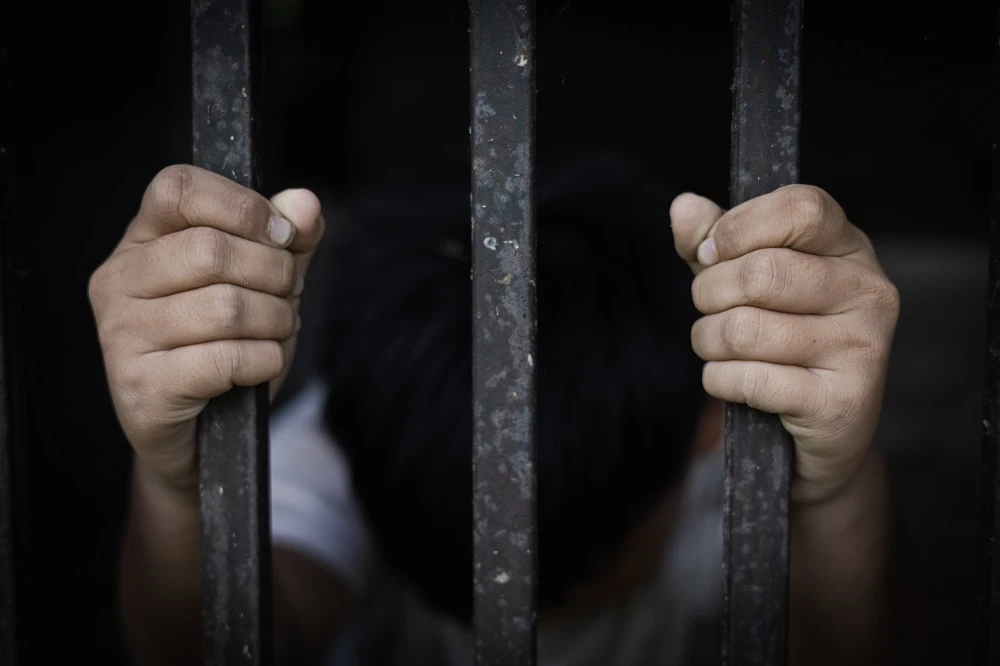
Human trafficking involves exploiting people through force, fraud, or coercion for labor or commercial sex acts. The National Human Trafficking Hotline received 1,904 reports from Florida in 2023, the third highest number in the United States. This first-degree felony carries severe penalties, with enhanced sentences when minors are involved.
Florida Crime Statistics Compared to National Averages
Understanding how Florida crime rates compare to national statistics provides valuable context for residents and those facing charges in the state.
Overall Crime Trends
Florida's crime rates vary by category compared to national averages. According to the United States Sentencing Commission, individuals in Florida were sentenced for crimes involving fraud, theft, and embezzlement at much higher rates than the national average; 15.8% of sentences in Florida involved these crimes, compared to 8.1% nationally.
While certain types of crime occur more frequently in Florida, the state has shown significant improvement in many categories over recent decades. The Florida Department of Law Enforcement (FDLE) reported that overall crime volume decreased by 9% from 2017 to 2018.
Violent crime, in particular, has continued to drop, falling 23% between 2019 and 2023, according to the Council of State Governments.
Why Florida's Crime Patterns Differ
Florida's crime patterns, especially the outsize prevalence of fraud, may be due to tourism (over 140 million visitors in 2024) and demographic factors; 21.8% of Florida residents are 65 and older — a population considered especially vulnerable to fraud.
The state’s geography is likely linked to a history of drug trafficking, and crime rates may also be affected by Florida’s many populated cities and large number of residents.
Possible Strategies for Criminal Defense in Florida
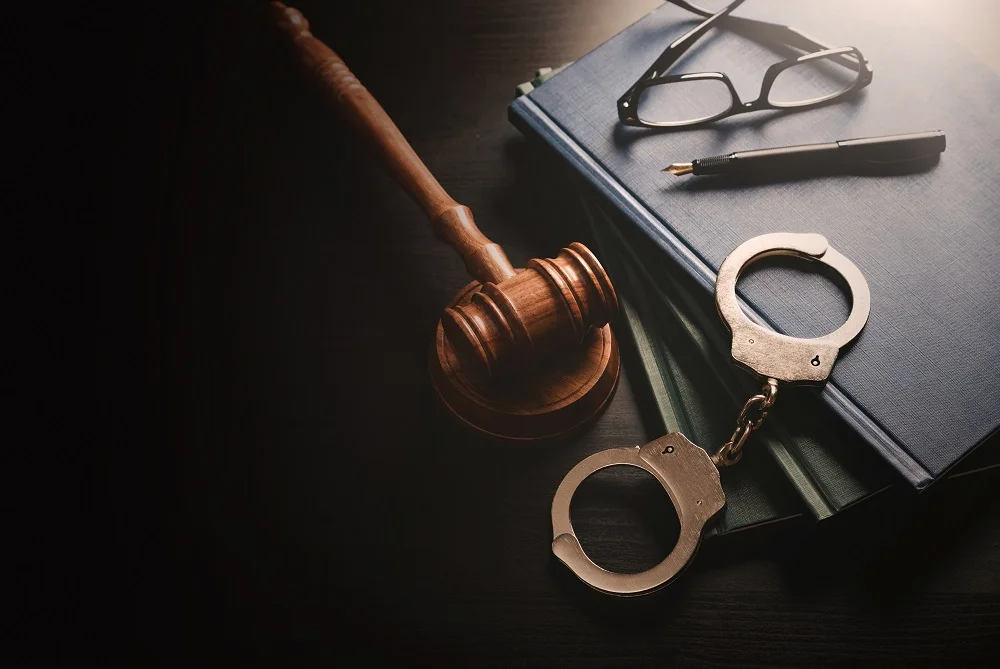
Effective defense against criminal charges in Florida depends on the circumstances of your case. The South Florida Justice attorneys have developed proven defense strategies that have helped other clients who faced serious criminal charges.
Here are some strategies our criminal defense attorneys might employ.
Constitutional Challenges
We can challenge an illegal search or seizure that violated your Fourth Amendment rights, preventing any evidence found during the incident from being used in court. Any procedural violations we can uncover during your arrest or questioning might allow us to invalidate evidence.
Drug Case Defense
One potential defense to a drug charge is establishing that you didn’t know about or didn’t have access to the substances. We can also question whether chain-of-custody procedures were followed or whether lab tests were valid. Critical deadlines apply to these defenses, which is why it’s best to contact an attorney as soon as you know you are under suspicion of a drug crime.
DUI Defense
Potential DUI defenses include challenging the accuracy of breathalyzer results, questioning the appropriateness of field sobriety tests, or disputing probable cause. Certain medical conditions can also lead to false DUI charges.
Violent Crime Strategies
If you were accused of assault, our strategy might rely on self-defense, mistaken identity, or lack of intent. Sometimes, we can challenge the credibility of witnesses to the alleged crime, creating reasonable doubt.
Alternative Resolutions
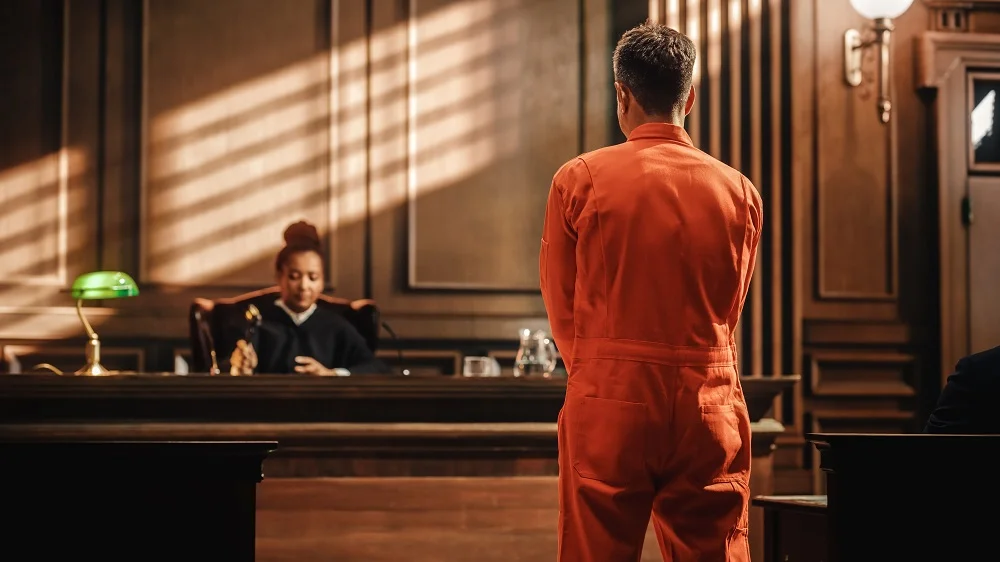
When you face criminal charges in Florida, a trial is not your only legal option.
Instead, your criminal defense attorney might negotiate for one or more of these outcomes:
- Charge reduction through a plea deal
- A diversion program that allows you to avoid a criminal record
- Sentencing alternatives that minimize long-term consequences
If this is the first time you have been accused of a crime, we have even more options to leverage in bringing your case to a close in your favor.
Don't Let Florida Criminal Charges Control Your Future — Act Now
When the state brings charges against you, everything is on the line. That’s why you need an aggressive advocate who stands firm.
South Florida Justice is prepared to thoroughly examine your case, challenge all evidence, and pursue every available strategy that could result in the reduction or dismissal of your charges. Contact us anytime for a free consultation with a skilled criminal defense attorney.

Mac Kenzie Sacks
Recent Legal News & Insights
This section features recent articles on various legal topics, as well as practical advice from experts.
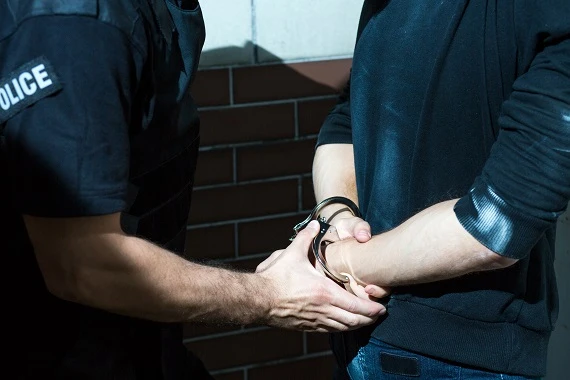
What Are the Most Common Crimes in Florida?
Have you encountered criminal charges in Florida? You need to understand your options. Our WPB defense attorneys offer free consultations to protect your rights.
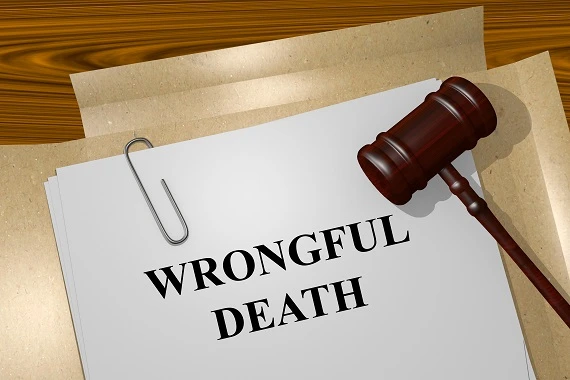
How Are Wrongful Death Settlements Paid Out?
Lost someone to negligence? Learn how Florida wrongful death settlements are paid out and divided. Get help from our compassionate WPB wrongful death attorneys.

How to Get Drug Possession Charges Dropped: Effective Strategies to Follow
Facing Florida drug charges? Learn 8 proven strategies to fight your case. Get immediate legal help and a free case review from WPB defense attorneys.
Frequently Asked Questions About Florida Criminal Defense
How long do prosecutors have to file charges in Florida?
The statute of limitations varies by crime. Misdemeanors in Florida must be prosecuted within one to two years. Most felony charges have a deadline of three or four years. The clock starts when the crime occurs, not when it is discovered.
Homicide charges or felonies that are eligible for life imprisonment or the death penalty have no statute of limitations in Florida.
Can criminal records be sealed or expunged in Florida?
Yes, in limited cases. Florida allows the sealing or expunging of one record under certain circumstances. Some crimes, including violent crimes, sexual offenses, and trafficking, never qualify for expungement.
What's the difference between a public defender and a private attorney?
Public defenders work for the government. The court assigns them to defend people who have been arrested but can't afford representation. In contrast, private attorneys are hired directly by someone arrested for or under suspicion of committing a crime. These attorneys often have more time and resources to devote to their clients.
Does Florida have diversion programs for first-time offenders?
Yes. Potential options for first-time offenders include pretrial intervention, misdemeanor diversion, and drug court. These programs might require an offender to complete counseling and community service hours to avoid prosecution. After completion, they may be eligible for dismissed charges.
What happens at a first appearance or arraignment in Florida?
The first appearance happens within 24 hours of the arrest. At this time, the judge will explain why the defendant was arrested, and they may set bail.
The arraignment happens later. This is when formal charges are read and the defendant enters a plea. Defendants should have legal representation at both proceedings.
How does Florida classify drug possession?
Florida classifies drug possession by substance type, amount, and intent. A simple possession charge of a small amount may be a misdemeanor, while intent to sell carries harsher penalties. Call South Florida Justice at (561) 659-8337 for a free consultation if you’re facing drug charges.
Can I refuse a breathalyzer or field sobriety test in Florida?
You can refuse, but Florida's "implied consent" law means that your refusal results in an automatic license suspension of at least one year. This suspension applies even if you're later found not guilty of DUI. Your refusal can also be used as evidence against you in court.


.svg)

.svg)

.svg)